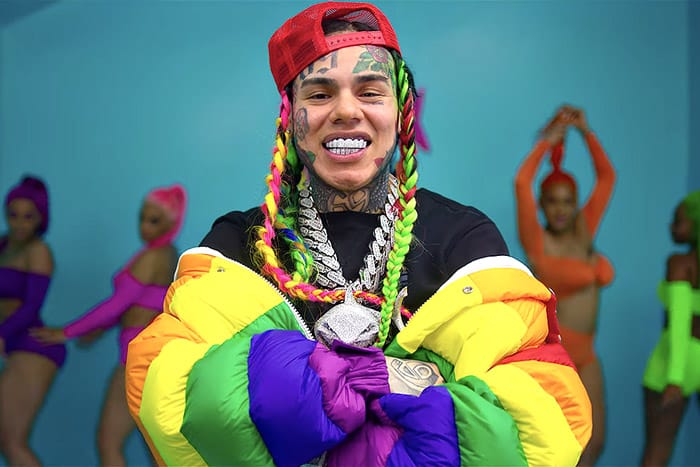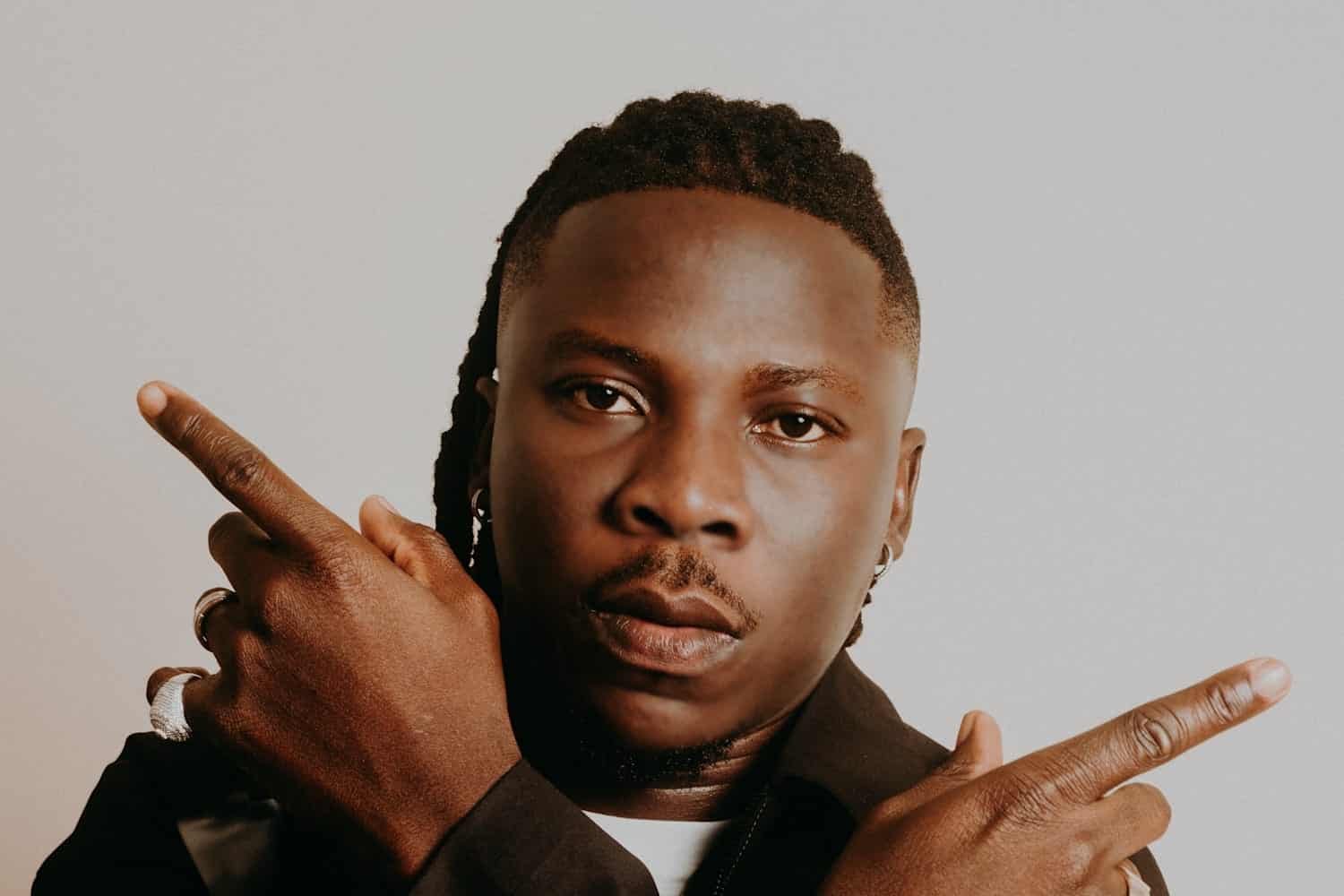The Biden administration condemned the detention of a Wall Street Journal reporter in Russia for what Moscow described as espionage, the first such case of an American journalist detained for allegations of spying since the Cold War.
The arrest of 31-year-old Evan Gershkovich, a Russian speaker whose parents came to the U.S. from the Soviet Union, marked the latest diplomatic flashpoint between Moscow and Washington. The two countries, already on opposite sides of a war in Ukraine, have also clashed over the arrests of each other’s citizens and the state of nuclear arms treaties.
President Biden was briefed on the detention of Mr. Gershkovich, White House press secretary Karine Jean-Pierre told reporters. She reiterated earlier State Department warnings that Americans are urged to avoid traveling to Russia.
We're now on WhatsApp. Click here to join.
“We’ve been very clear about Americans not going to Russia. It is not safe,” Ms. Jean-Pierre said.
Secretary of State Antony Blinken said that the U.S. seeks immediate consular access to Mr. Gershkovich so that it can provide the appropriate support.
“In the strongest possible terms, we condemn the Kremlin’s continued attempts to intimidate, repress, and punish journalists and civil society voices,” Mr. Blinken said.
Russia’s main security agency said Thursday that it had detained Mr. Gershkovich in the city of Yekaterinburg, around 800 miles east of Moscow, on Wednesday while he was on a reporting trip, accusing him of espionage.
“The Wall Street Journal vehemently denies the allegations from the FSB and seeks the immediate release of our trusted and dedicated reporter, Evan Gershkovich,” the Journal said. “We stand in solidarity with Evan and his family.”
National Security Council Strategic Coordinator John Kirby said it wasn’t immediately clear if Mr. Gershkovich’s detention was coordinated with Russian leadership, or aimed as retaliation for other grievances. Last week, Sergey Vladimirovich Cherkasov, 37, a Russian national, was charged in a U.S. District Court in Washington, D.C., with acting as an agent of a foreign power, visa fraud, bank fraud, wire fraud and other charges stemming from his alleged illegal activities in the U.S., according to the Justice Department.
Russia’s Federal Security Bureau said Mr. Gershkovich, “acting on the instructions of the American side, collected information constituting a state secret about the activities of one of the enterprises of the Russian military-industrial complex.” Mr. Gershkovich is accredited to work as a journalist in Russia by the country’s foreign ministry.
Authorities took Mr. Gershkovich to Moscow, where he appeared in court with a state-appointed defense attorney and was ordered held in custody until May 29, said the press service of the court, according to state news agency TASS.
In Russia, espionage trials are often conducted in secret and it is rare for a court to acquit a defendant. Trials can take months to unfold.
“It’s a new low in the U.S.-Russia relationship,” said Alexander Gabuev, director of the Carnegie Russia Eurasia Center. The arrest of an accredited American reporter “is really setting a precedent.”
Former Vice President Mike Pence called on the Biden administration to expel Russian diplomats from the U.S.
“It’s time for the Biden administration to make it clear with Putin that we’re not going to put up with his provocations, we’re not going to put up with bullying reporters,” said Mr. Pence on CNN Thursday. Mr. Pence is considering running for the GOP presidential nomination in 2024.
In December, the U.S. released convicted Russian arms-trafficker Viktor Bout in an exchange for U.S. women’s basketball star Brittney Griner, whom Russian authorities had detained in the days before Russia invaded Ukraine in February 2022.
She was found to be carrying hashish oil in her luggage and was later convicted of drug smuggling and possession. Ms. Griner was sentenced to nine years in a penal colony.
The White House and the Kremlin remain entangled over Russia’s detention since 2018 of former U.S. Marine Paul Whelan on espionage charges.
Russian Deputy Foreign Minister Sergei Ryabkov, asked about the chance of an exchange for Mr. Gershkovich, said it was premature to discuss the issue.
“I would not even raise the question right now” because past exchanges involved people already serving sentences, Mr. Ryabkov was quoted by state newswire RIA Novosti as saying Thursday. “We’ll see how this story develops further.”
Mr. Gershkovich’s detention sparked a diplomatic outcry from countries that viewed Russia’s actions as unacceptable and a reflection of Russia’s systemic indifference to media freedom.
Dame Karen Pierce, the British ambassador to Washington, said the incident reflects Russian President Vladimir Putin’s “total disregard for basic freedoms.” Josep Borrell Fontelles, the high representative of the European Union for foreign affairs and security policy, said that “journalists must be allowed to exercise their profession freely and deserve protection.”
Mr. Gershkovich dropped out of contact with his editors while working in Yekaterinburg on Wednesday afternoon.
A post later appeared on Telegram describing a man with his face hidden being bundled from a restaurant in the city and put into a waiting van. It couldn’t be determined whether the person was Mr. Gershkovich.
A lawyer hired by the Journal attempted to find Mr. Gershkovich at the FSB building in Yekaterinburg but was told authorities had no information about him.
Mr. Gershkovich subsequently surfaced in Moscow, where he was represented by a court-appointed lawyer.
According to TASS, which cited unnamed sources, Mr. Gershkovich pleaded not guilty at the closed hearing. His case, according to TASS, is considered top secret.
Mr. Gershkovich joined the Journal in January 2022. He has worked as a reporter in Russia since 2017, first for the Moscow Times and then for Agence France-Presse. Earlier, he was a news assistant in New York for the New York Times. A graduate of Bowdoin College, he most recently wrote about the impact of Western sanctions on Russia’s economy.
Friends and colleagues know him as an enterprising journalist who tackled his new role with energy and courage at a time when covering Mr. Putin’s Russia grew more difficult amid a contracting space for freedom of expression and media.
“It was becoming such a frustrating job, and here comes Evan, so full of energy,” said Nataliya Vasilyeva, a correspondent for Britain’s Telegraph who knew Mr. Gershkovich in Moscow. “It was so amazing to watch him who didn’t have this baggage.”
Mr. Gershkovich was born to a father from Odessa and a mother from St. Petersburg, both Jewish immigrants who settled in the U.S. after leaving the Soviet Union. He mastered the Russian language as an adult living in Moscow, according to friends and colleagues. His understanding of the language and affinity for the Russian people gave him an advantage as a journalist, colleagues said.
“He knew he was American but he also felt very much at home. He traveled around Russia, he felt he was a Muscovite,” said Ms. Vasilyeva.
Reporting in Russia has become much more difficult since Mr. Putin in February last year launched a large-scale invasion of Ukraine and then cracked down on domestic dissent.
Russia last March passed a censorship law that makes it illegal to publish what authorities deem false information about military operations in Ukraine. In response, many domestic news outlets ceased operations or left the country, and foreign media significantly restricted reporting inside Russia and withdrew many staff.
Mr. Putin in October tightened restrictions across Russian society with a presidential decree granting local governments in the country’s regions new authority to address security concerns. The measures were aimed at maintaining public order, boosting industrial production in support of the military campaign and protecting critical infrastructure, Mr. Putin said at the time.
Media-freedom advocacy groups criticized Mr. Gershkovich’s detention, which is the first of a foreign journalist since Russia’s invasion of Ukraine last year, according to Reporters Without Borders. The France-based group is “alarmed by what looks like retaliation against journalists,” said spokeswoman Pauline Ades-Mevel. “Journalists must not be targeted, even if unfortunately they have been regularly since the invasion.”
Mr. Gershkovich is the first U.S. journalist detained on espionage charges in Russia that the Committee to Protect Journalists has documented since the 1986 detention of Nicholas Daniloff.
“CPJ is deeply concerned by the arrest of Wall Street Journal reporter Evan Gershkovich. This is the latest in a long line of attempts by Russia to use national security laws to silence reporting. We urge his immediate release,” said CPJ President Jodie Ginsberg.
According to CPJ, 363 journalists were imprisoned around the world as of December, including 199 held on allegations of “antistate” activities. Wall Street Journal reporters have been detained in other countries but rarely if ever formally arrested.
Reporter Dion Nissenbaum in 2016 was detained in Istanbul for more than two days over a social-media post and then released by Turkish authorities without being charged. In China, over recent decades many Journal reporters have been detained for brief periods, and, in 2020, almost all Journal reporters were expelled.
In 1987, Cairo-based reporter Gerald Seib was detained for several days in Iran after being invited by the government and accused of being a Zionist spy traveling on a fake passport. Iranian officials later said his detention resulted from a misunderstanding.
Mr. Gershkovich since joining the Journal has covered a variety of Russia-related topics, including the recent visit by Chinese leader Xi Jinping to Moscow, close associates of Mr. Putin and tensions between Kremlin officials and Yevgeny Prigozhin, the founder of Russian paramilitary group Wagner.
After initially withdrawing their correspondents from the country early in the war, some news organizations have restored their Russia-based reporters, and the Russian Foreign Ministry has continued to extend accreditation to some foreign journalists.
Kremlin spokesman Dmitry Peskov said Thursday that “those who carry out normal journalistic activities, of course, if they have valid accreditation, they will continue to work.”





